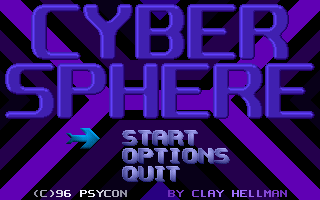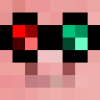Spoiler
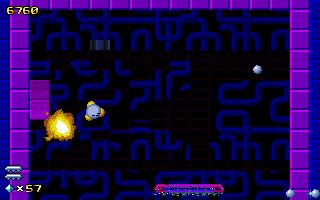
Paddle's graphics are corrupted. Various background tiles are blank.
A couple balls are stuck in the boundary of the level.
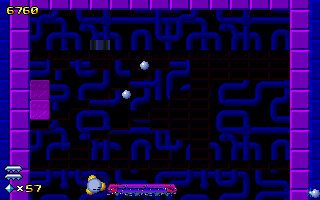
One managed to free itself. However it's now going super speed.
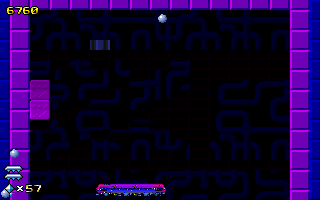
Hard to tell, but a couple more background tiles are broken, plus dimming has now activated.
The two stuck balls are now glitched in the opposite side of the level.
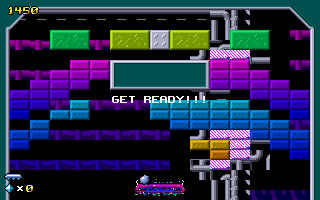
Loaded up a new level, As you can see now background tiles have graphics from random things.
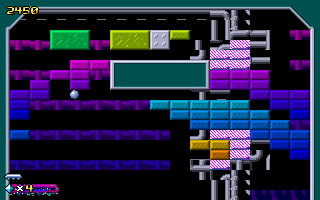
It was actually possible to play this level, even with the corruption.
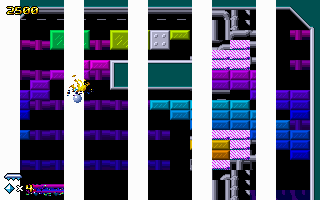
Yeah … This is the animation you get when the ball hits a blocks.
The computer gets really slow during this and lasts for about 2 seconds.
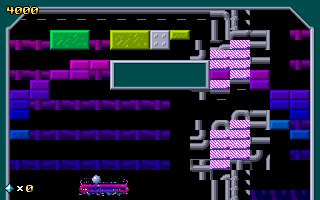
Almost cleared the level! Just a few more blocks to go.
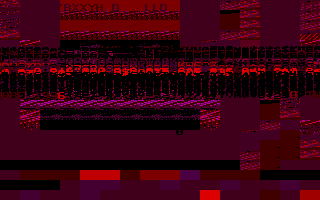
??? I don't even.
Images are in the Spoiler tag, there are 8 various images.
I actually ran this game on a real machine running MS-DOS 6.22, not a VM or DosBox.
The memory editing was achieved by a utility called Game Wizard 32 Pro. The game featured here is "Cyber Sphere"
